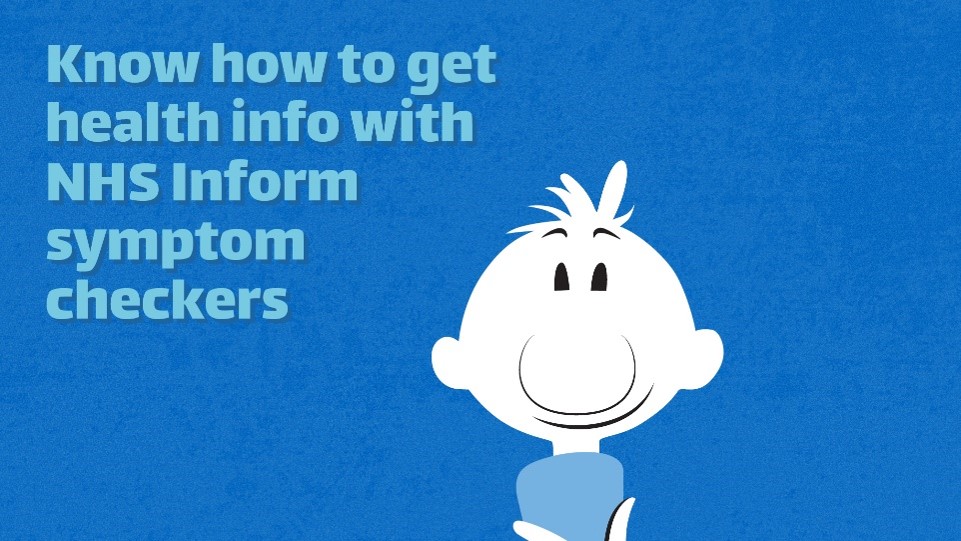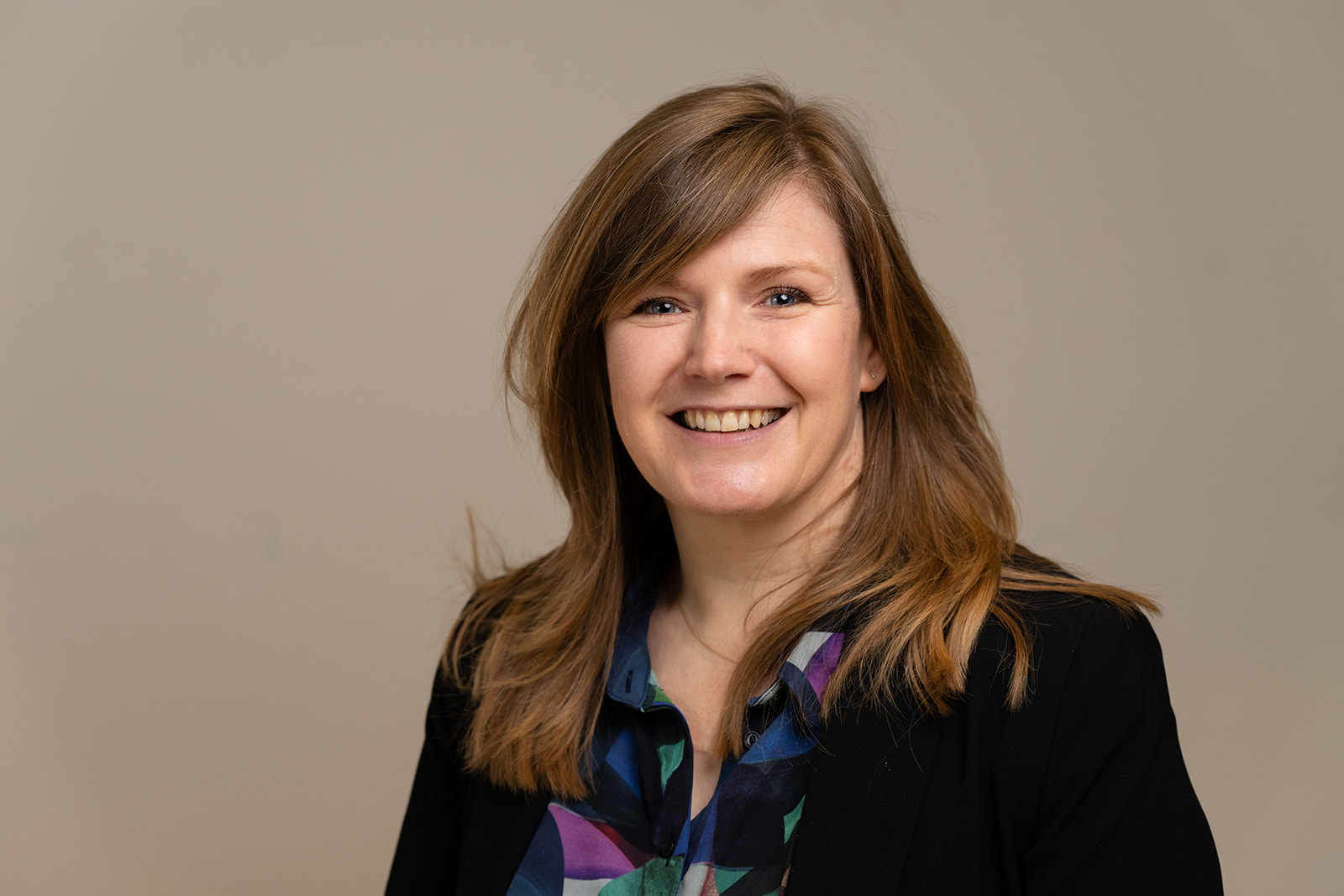Lower back pain is a widespread health problem that can range from being mildly annoying to completely debilitating.
According to NICE (National Institute for Health and Care Excellence) up to up to 60% of the adult population will have low back pain at some point in their lifetime. As part of their winter health preparedness campaign, NHS 24 are sharing advice on how to treat and recover from lower back pain, and when and where to seek further professional help.
Laura Neil is Allied Health Professions Lead at NHS 24 and explains that NHS 24’s 111 service often receives calls relating to muscle, bone, or joint problems:
“As we head into the colder months, the change in the weather means slips, trips, or falls become more common. As a result, the 111 service can see a rise in the number of musculoskeletal (MSK) issues – such as sore backs and twisted ankles.
“Muscle, bone, and joint problems can have a significant impact on your day-to-day life. However, the good news is that with the right self-care treatments, many of these sorts of conditions can be safely managed at home without the need to consult a healthcare professional.”
NHS 24 is promoting the benefits of using NHS-approved digital tools to quickly source correct and trusted clinical information online for free. These include Scotland’s online information service NHS inform and the NHS 24 Online app which can be downloaded for free on both iOS and Android devices.
“Back pain can start for no obvious reason, and it can be worrying when a pain like this pops up out of nowhere,” says Laura. “However, back pain is rarely a sign of any serious disease or damage.
“My top tips to deal with lower back pain are to move often and be mindful of your posture. Staying in the same position too long can make pain worse. You should also try and keep up your normal fitness routine and exercise as you normally would. Modify your activity if necessary, as any movement at all is better than none.
“If you need help to relieve pain, medicines such as over-the-counter painkillers or anti-inflammatories can help you move about more comfortably and aid your recovery. You should chat with your pharmacist to find out the best painkillers for you. With care, heat and ice treatments can also be used for injuries but be mindful that you should use a barrier, such as towel, to protect the skin.
“By following this advice, you should start to see an improvement within a couple of weeks. However, if your back problem hasn’t improved within six weeks you should contact a health professional about your symptoms.”
People who are having issues with back pain can use NHS 24’s MSK advice which is available on NHS inform. These resources give detailed information on back pain symptoms, treatments, and where to access MSK services within each health board. They also give guidance on how to move safely when experiencing back pain such as getting up from the floor or a chair and how to get out of bed, as well as clinically approved exercises to help with healing.
Laura continues: “Having back pain can get you down, but with the right help you can be back to your normal self in no time. If you are having back problems, find the right care in the right place by visiting NHSinform.scot or download the NHS 24 Online app.”

Headline image: Laura Neil is Allied Health Professions Lead at NHS 24
Photo Credit: NHS 24

